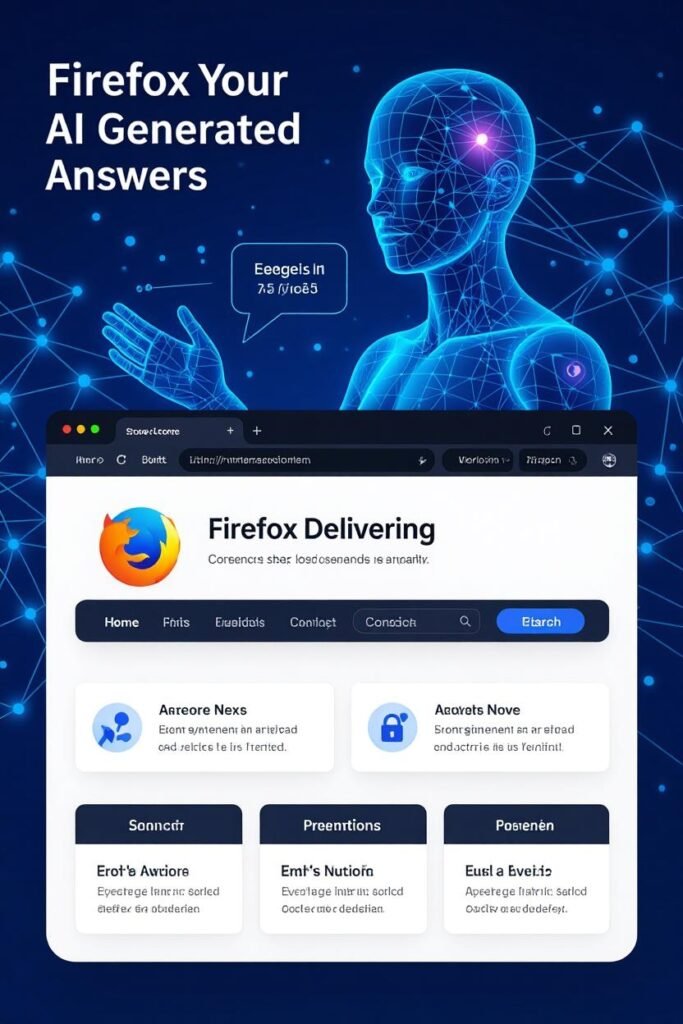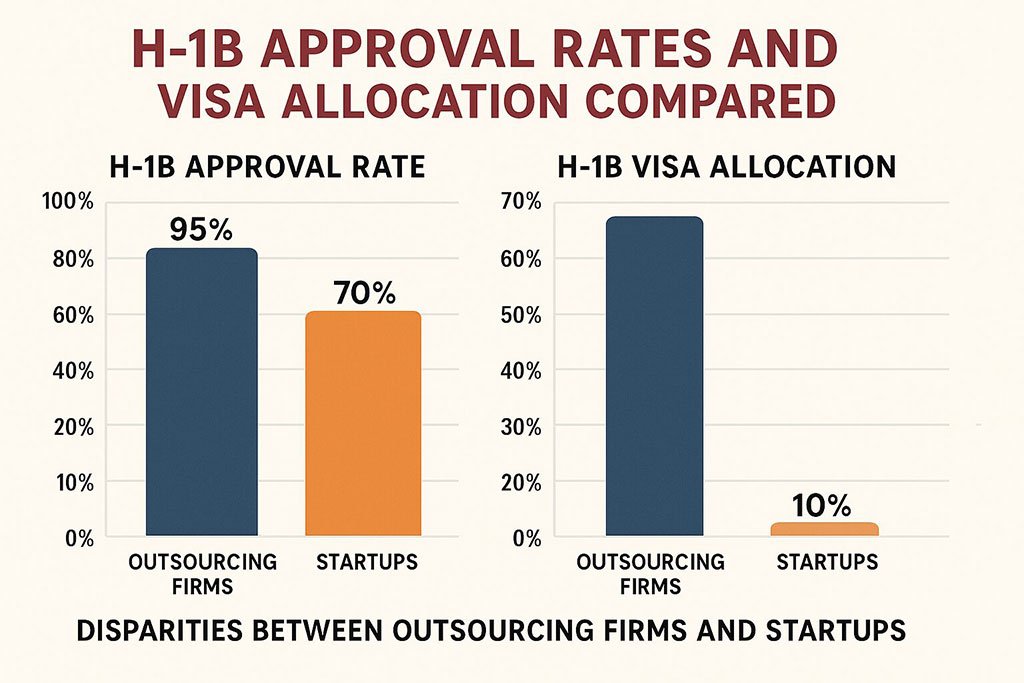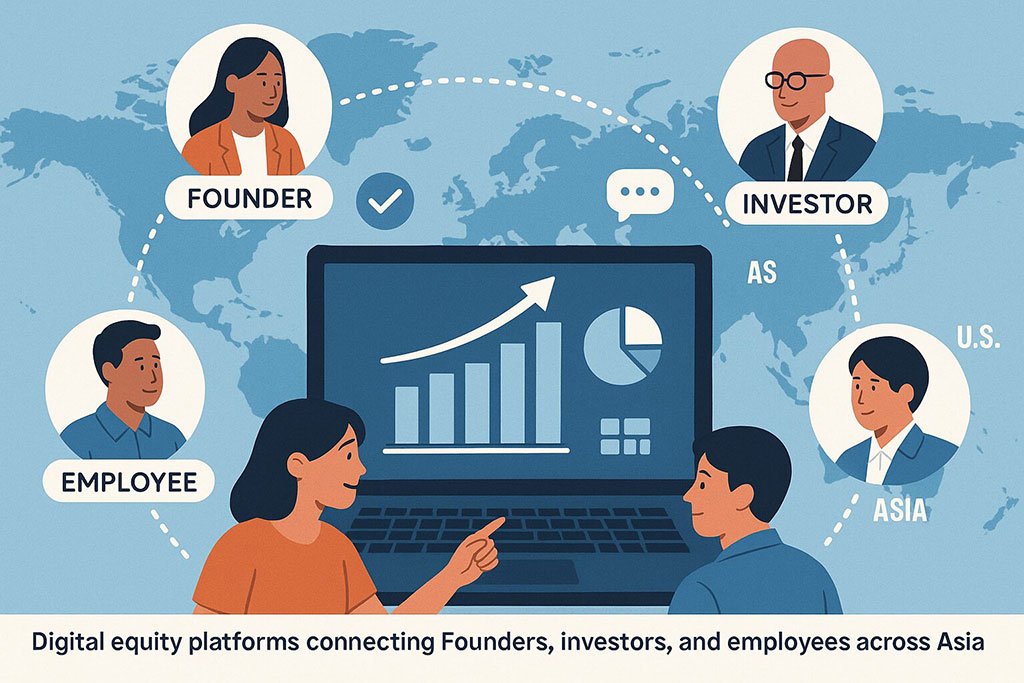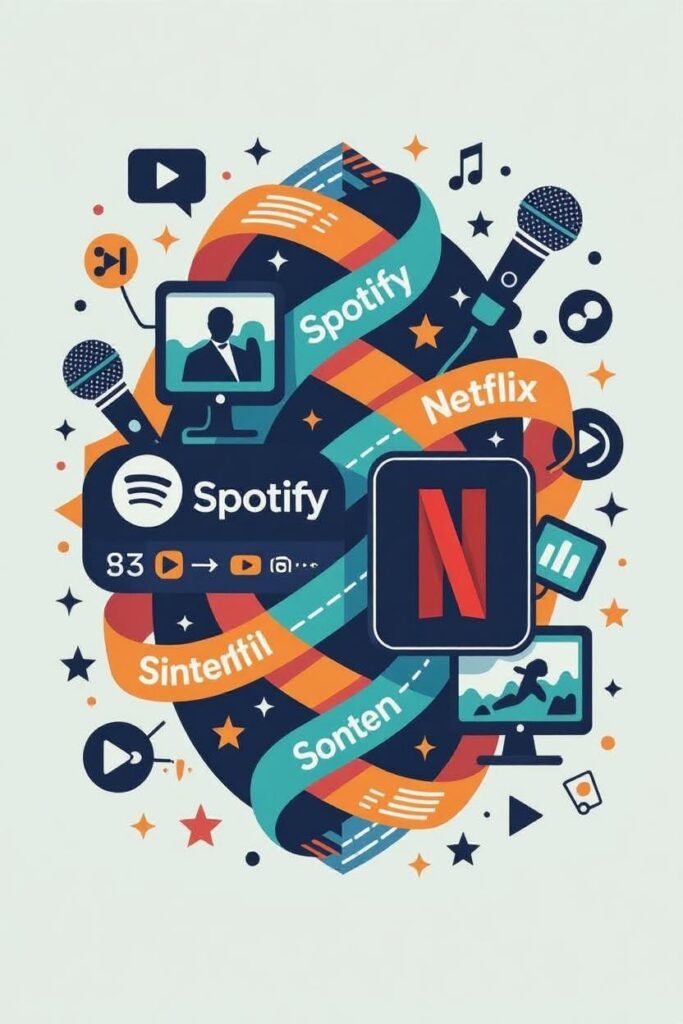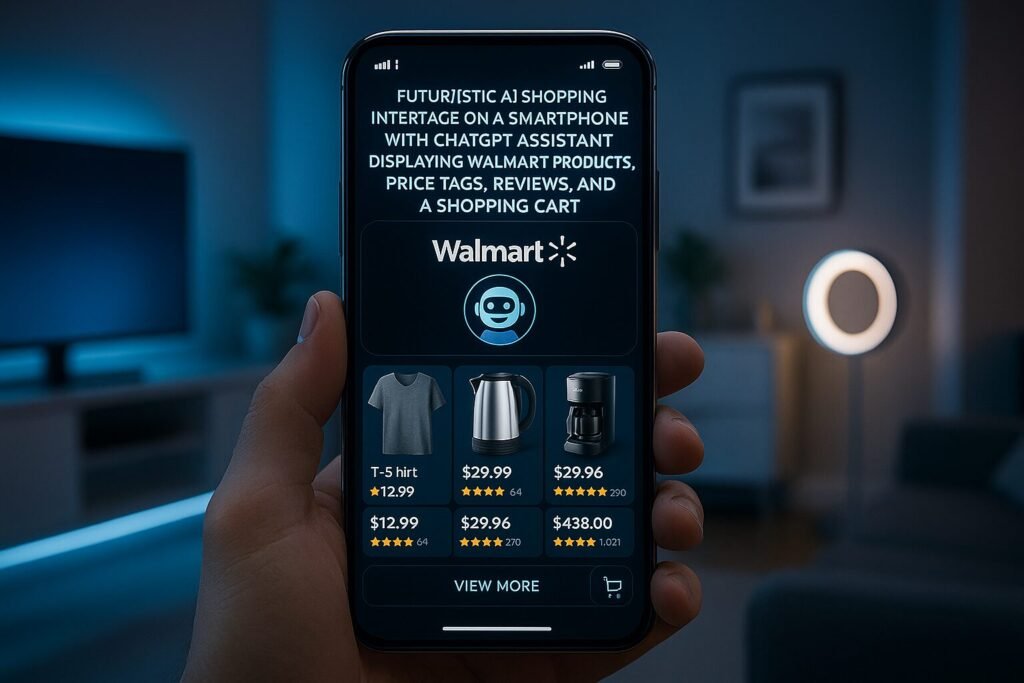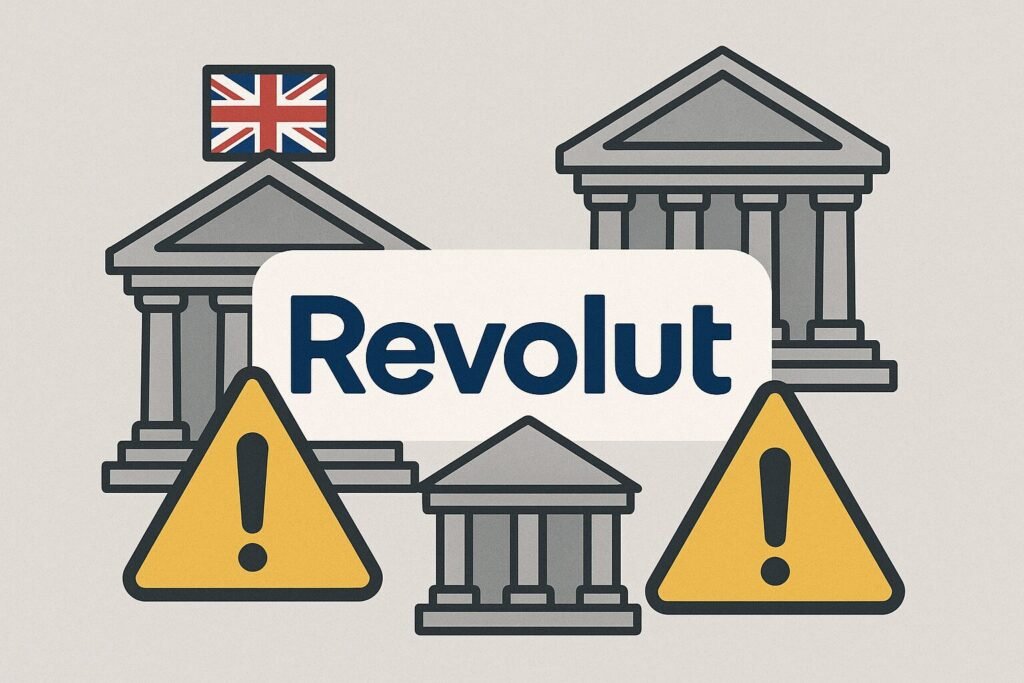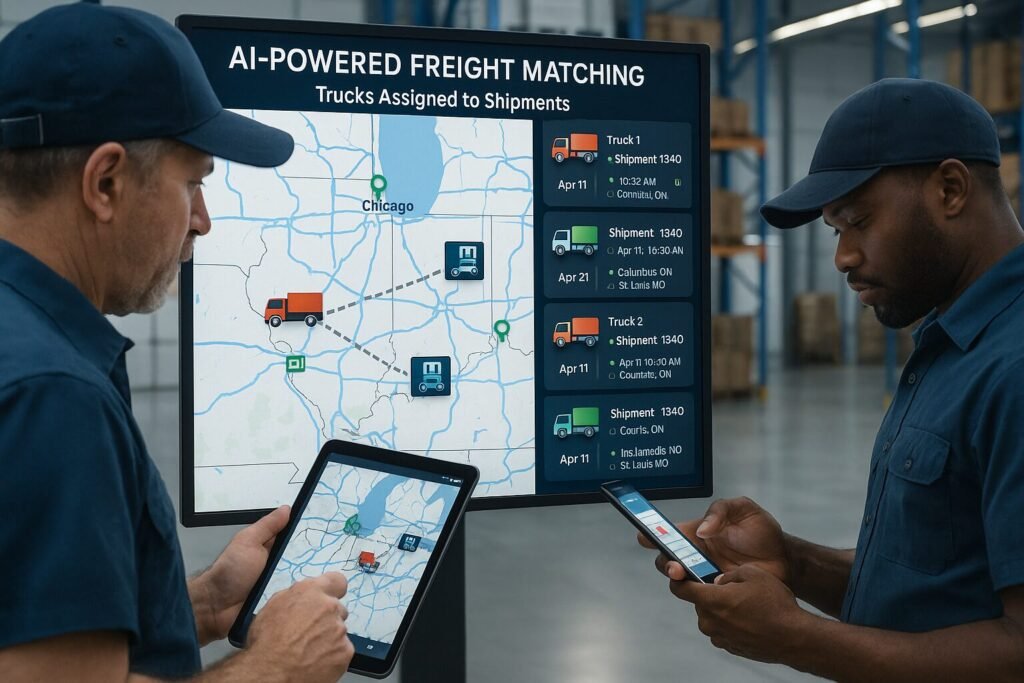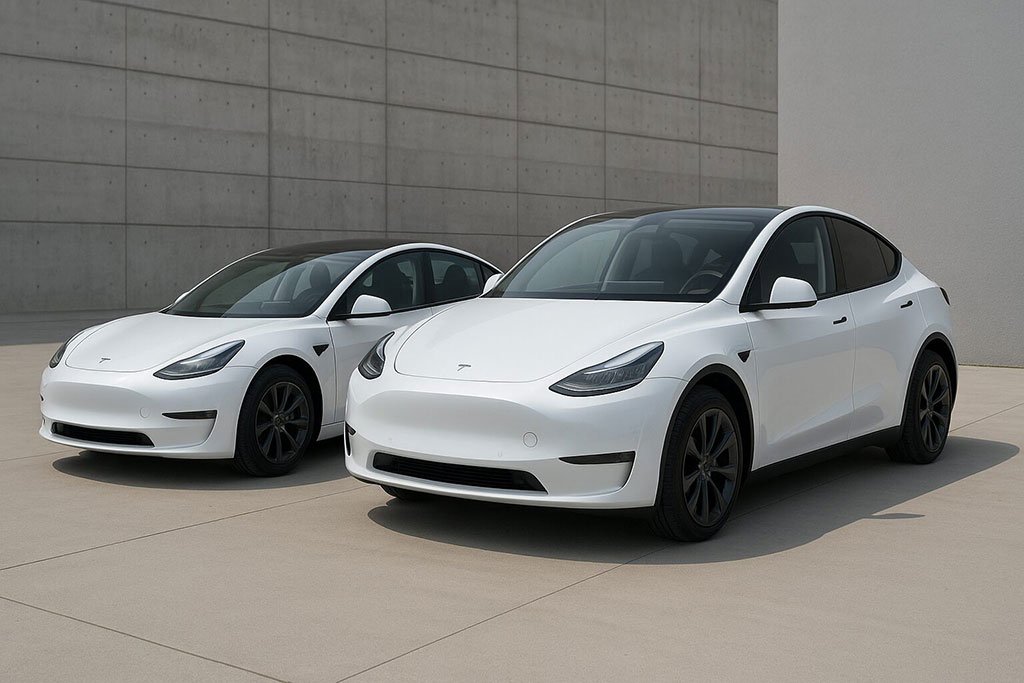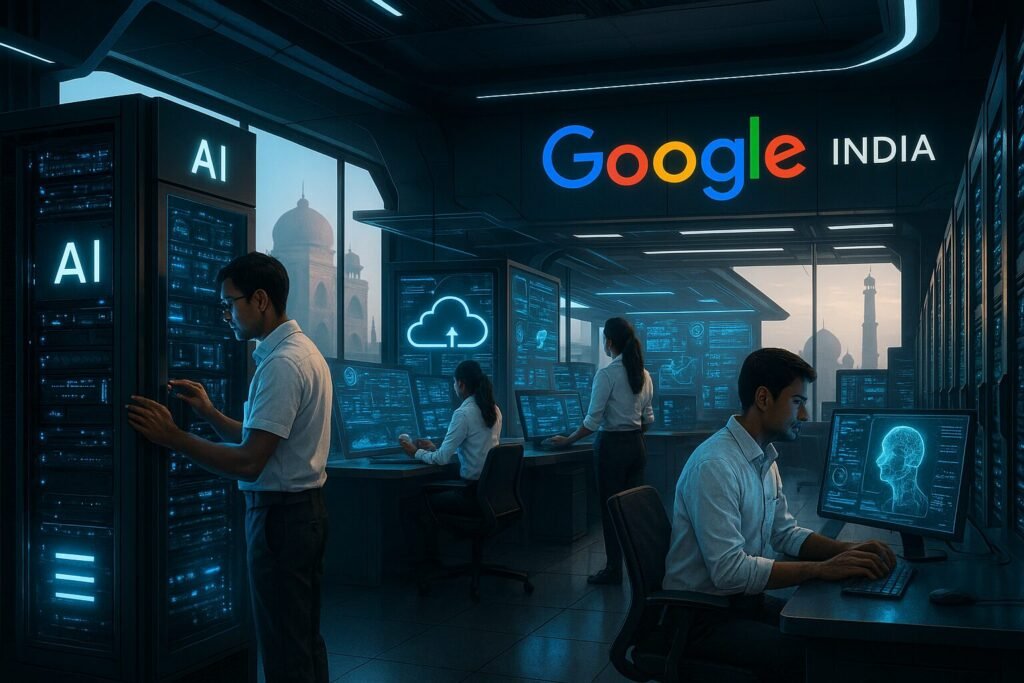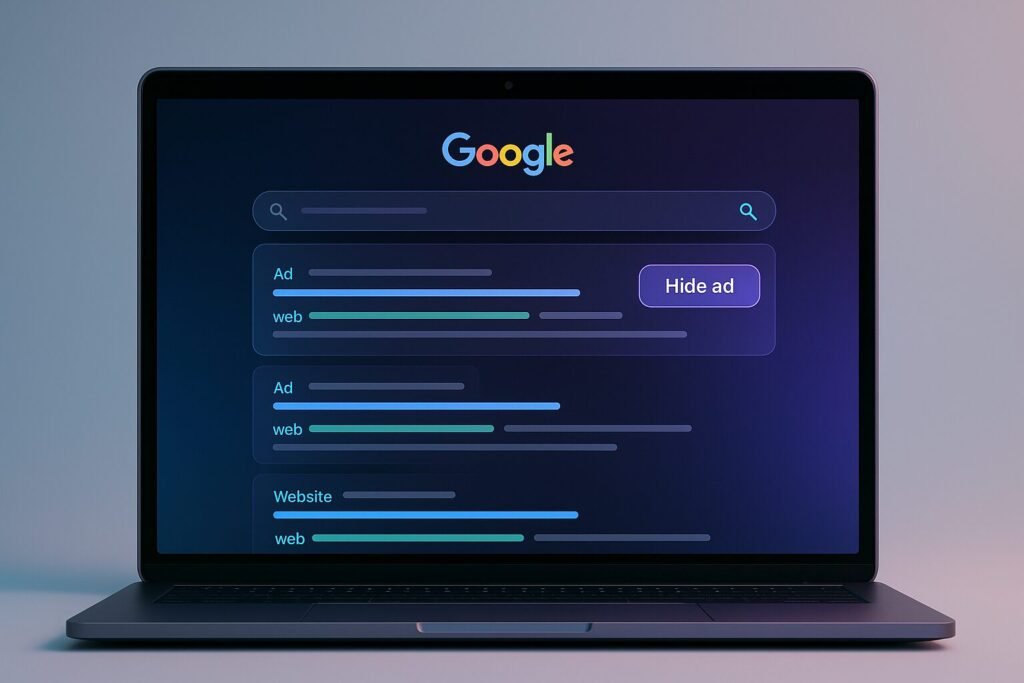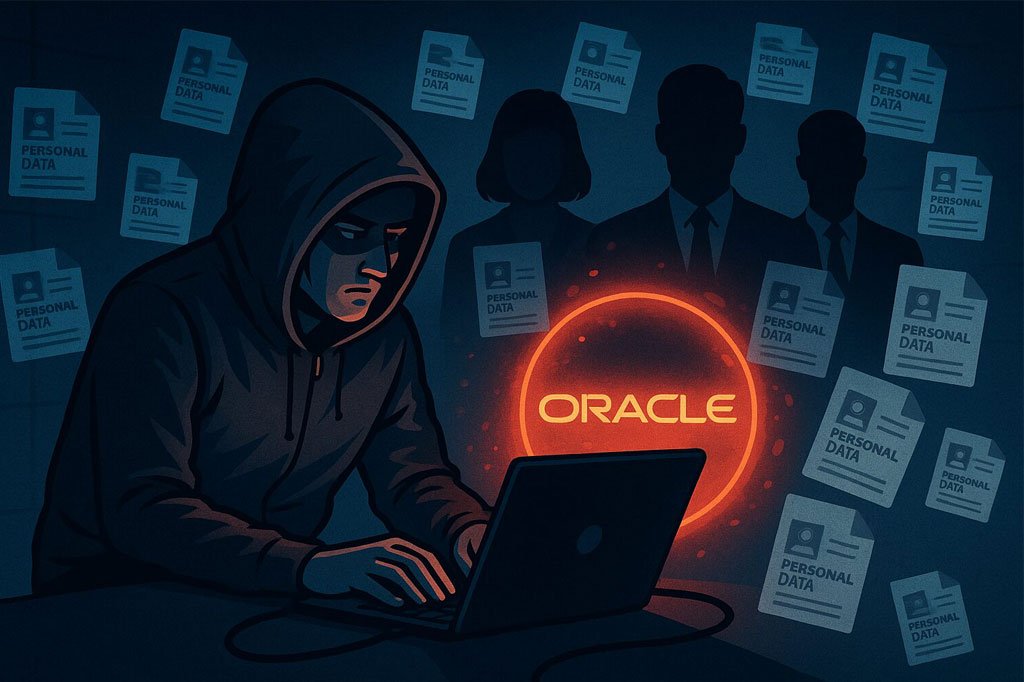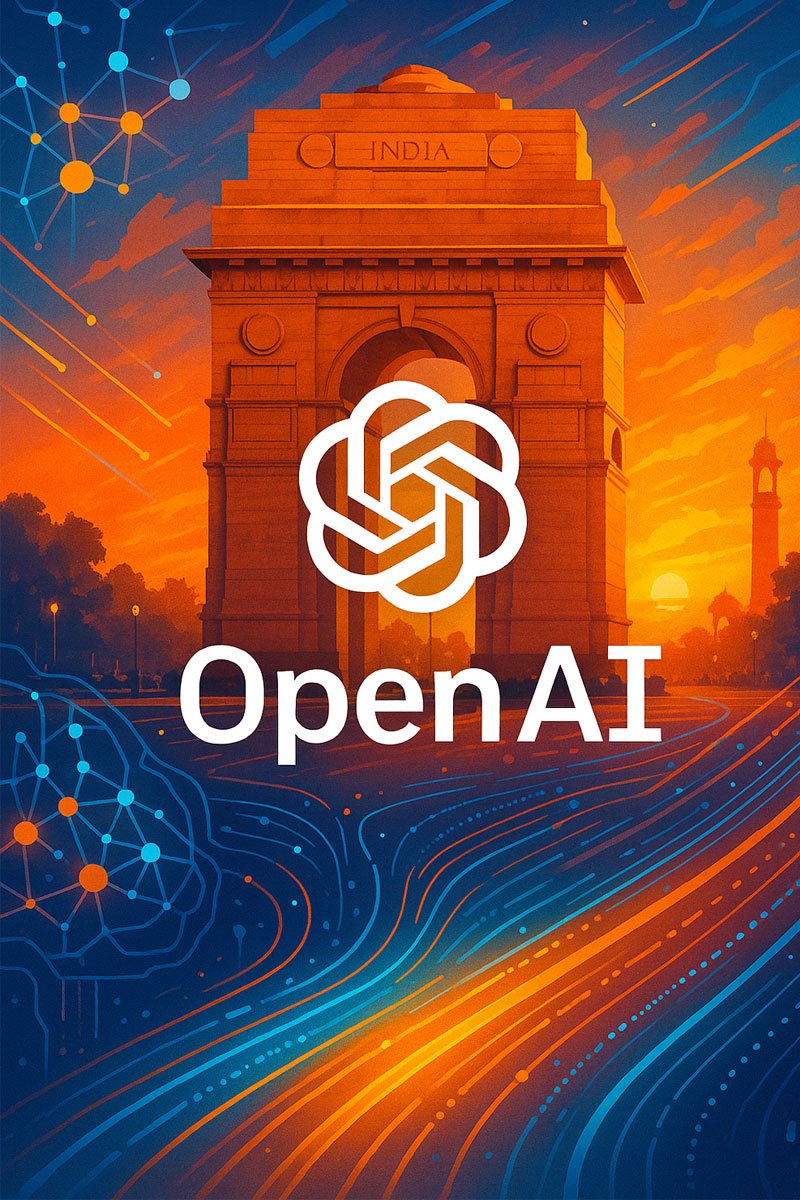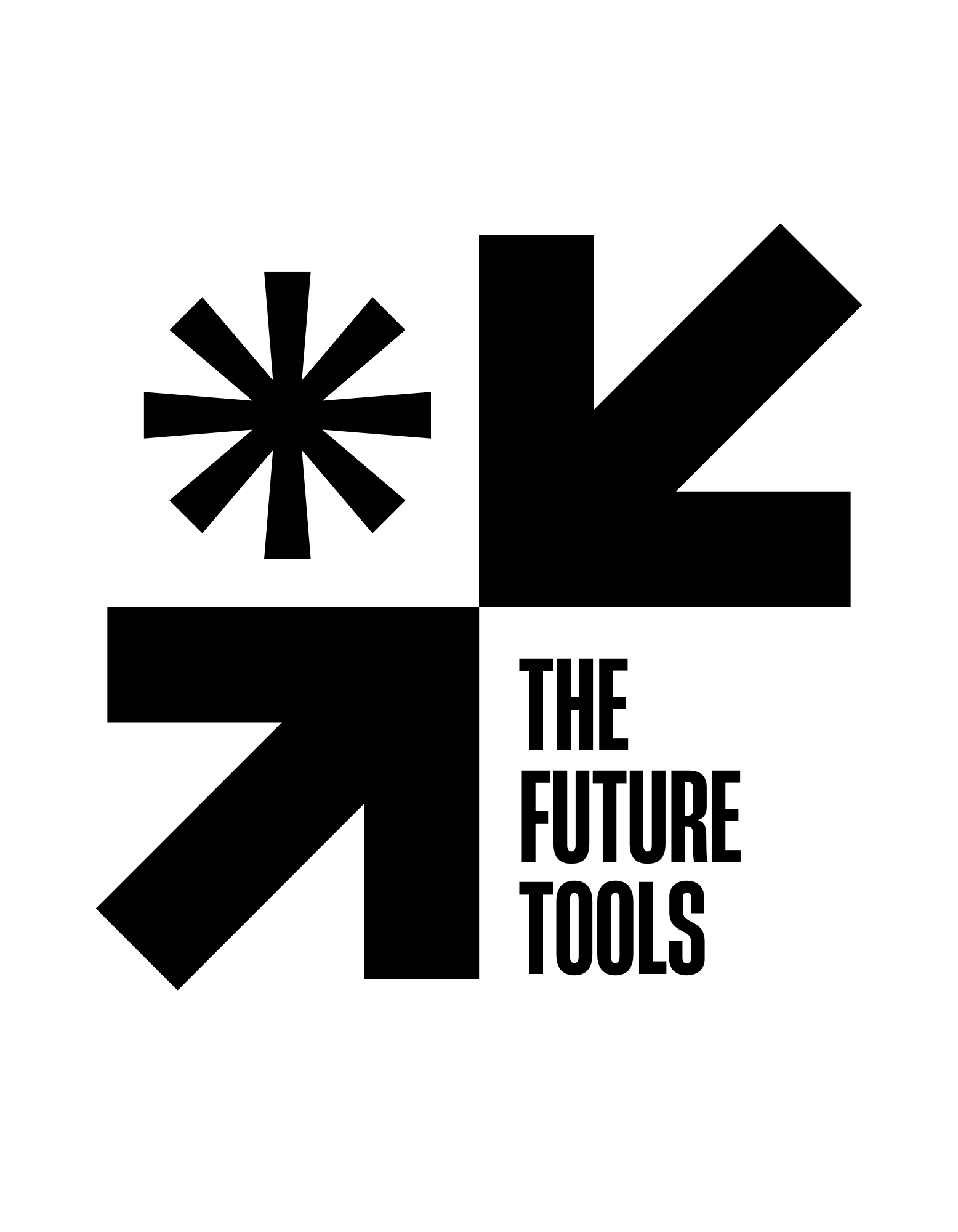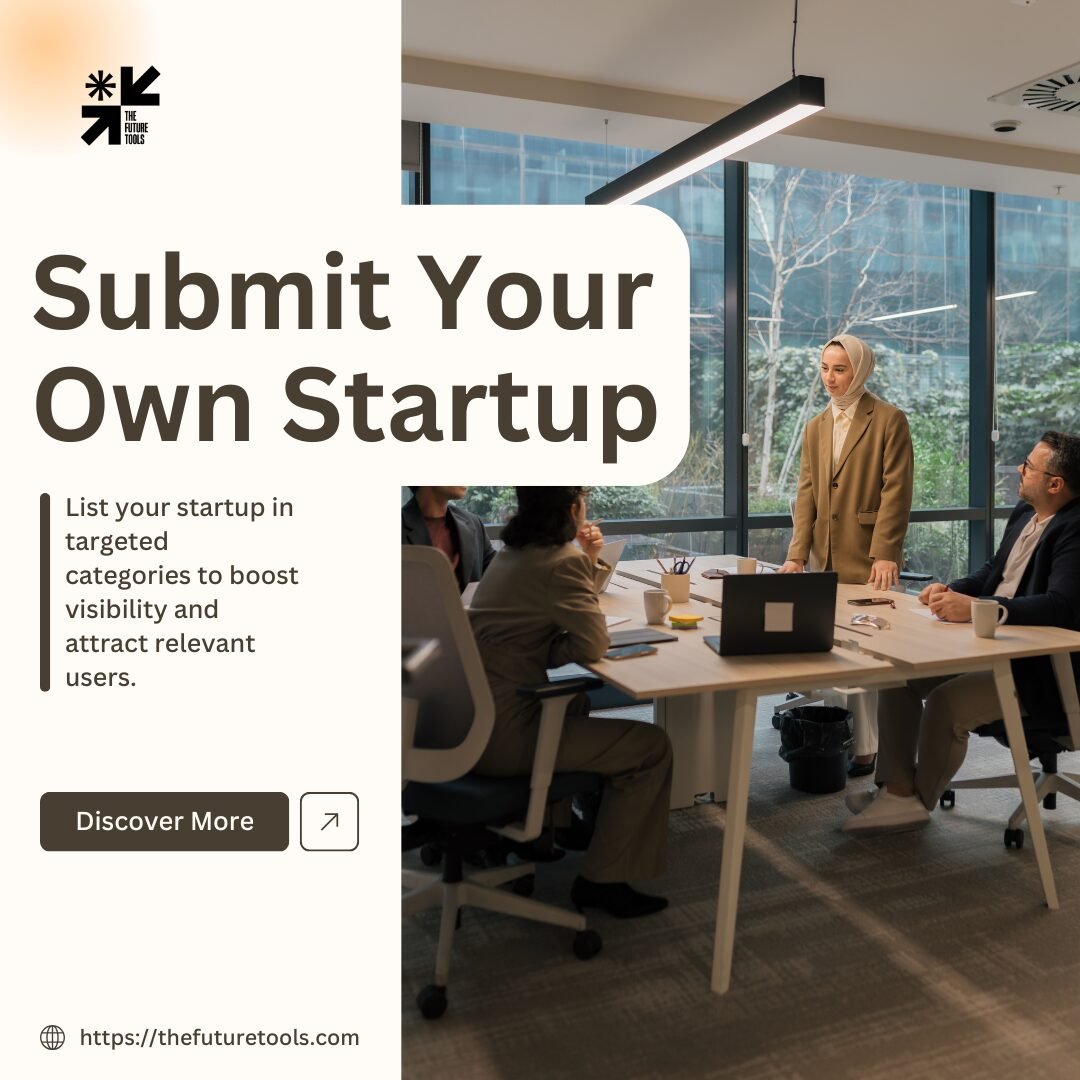Now Reading: AI vs. Big Tech Legal Battles on the Horizon
-
01
AI vs. Big Tech Legal Battles on the Horizon
AI vs. Big Tech Legal Battles on the Horizon
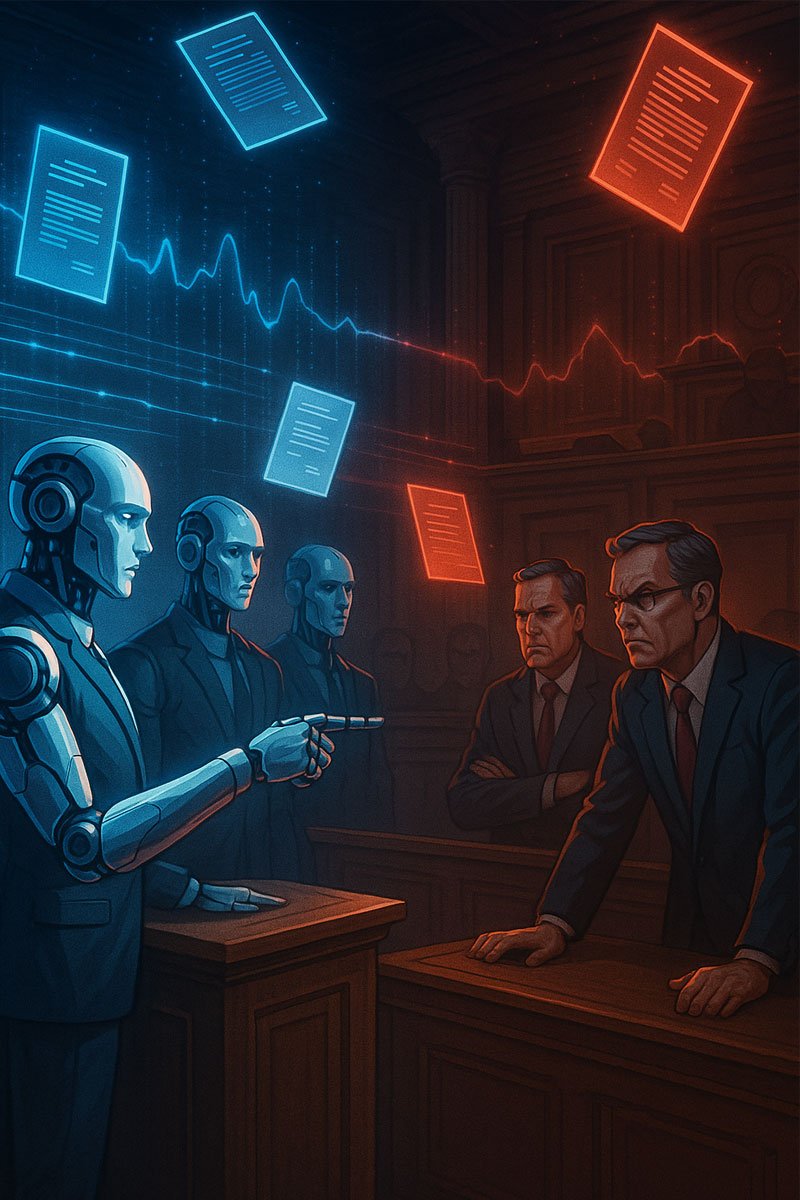
Artificial intelligence has emerged as both a revolutionary force and a contentious battleground. As we navigate through 2025, the clash between AI advancements and established Big Tech companies is intensifying, with legal disputes poised to redefine industry norms. These battles aren’t just about innovation; they’re rooted in fundamental questions of intellectual property, market dominance, and ethical data use. From courtroom victories on fair use doctrines to looming antitrust probes, the stakes are higher than ever. This article delves into the key conflicts, their implications, and what the future might hold for this high-stakes showdown.
Key Legal Battles
The legal arena in 2025 is buzzing with cases that pit AI developers against content creators, regulators, and even each other. Big Tech firms, which are deeply invested in AI, find themselves defending practices that fuel their models while facing accusations of overreach.
Copyright Infringement Disputes
At the heart of many conflicts are allegations that AI companies have unlawfully used copyrighted materials to train their models. Authors, publishers, and media organizations argue that scraping vast amounts of text, images, and data without permission constitutes theft on a massive scale. In recent rulings, however, AI firms have scored significant wins by invoking the “fair use” defense, claiming that transforming data into AI training sets qualifies as non-infringing.
For instance, major players have successfully argued in court that their AI systems don’t reproduce exact copies but rather learn patterns to generate new content. These decisions have emboldened tech companies, but they’ve also sparked outrage among creators who fear erosion of their rights. As more lawsuits pile up, including class actions from book authors and news outlets, the debate centers on whether current copyright laws are equipped to handle AI’s voracious appetite for data. Without clear resolutions, these cases could drag on, potentially leading to multimillion-dollar settlements or legislative overhauls.
Antitrust Scrutiny and Market Dominance
Beyond copyright, antitrust issues are casting a long shadow over Big Tech’s AI ambitions. Governments worldwide are scrutinizing how giants like those in search, social media, and cloud computing leverage their positions to stifle competition in the AI space. Accusations include monopolistic practices, such as bundling AI tools with existing services or acquiring startups to eliminate rivals.
In the U.S., ongoing probes examine whether dominant platforms are creating barriers for emerging AI firms. For example, partnerships between hardware providers and software developers are under the microscope for potentially unfair advantages. These battles echo past antitrust fights but with an AI twist: control over data pipelines and computational resources could determine who leads the next wave of innovation. If regulators intervene forcefully, we might see forced divestitures or stricter merger guidelines, leveling the playing field but slowing down rapid AI deployment.
Regulatory Challenges and Policy Pushback
The regulatory front is equally turbulent, with states and federal bodies proposing hundreds of AI-related bills in 2025 alone. Big Tech is lobbying aggressively against fragmented state-level rules, advocating for federal preemption to avoid a patchwork of compliance nightmares. Issues range from data privacy in AI training to transparency in algorithmic decision-making.
One flashpoint is the push for bans on certain AI practices, like unauthorized use of personal data or biased systems in hiring and lending. Tech lobbyists argue that overregulation could “disastrous” for innovation, while advocates warn of unchecked power leading to societal harms. Recent mid-year updates show a surge in state laws addressing AI ethics, but Big Tech’s influence might delay or dilute them. Internationally, similar tensions are brewing, with Europe leading on stringent AI governance that could influence global standards.
Implications for the Industry
These legal skirmishes have far-reaching consequences. For AI startups, favorable rulings on fair use could accelerate development by easing data access concerns. However, persistent lawsuits drain resources and foster uncertainty, deterring investment. Big Tech, with deeper pockets, might consolidate power further, but antitrust wins for challengers could foster a more diverse ecosystem.
Content creators face an existential threat: if AI can freely ingest their work, traditional revenue models crumble. This could spur new licensing deals, where publishers negotiate directly with AI firms for compensated data use. Broader society benefits from innovative AI but risks amplified biases, privacy invasions, and job displacements if regulations lag. Economically, resolved battles might unlock trillions in AI-driven growth, but prolonged fights could hinder progress.
Future Outlook
Looking ahead, 2025 and beyond promise more courtroom drama. Appeals from recent fair use victories could reach higher courts, potentially setting precedents for decades. Antitrust cases might culminate in landmark decisions, reminiscent of past breakups in telecom and software. On the policy side, expect intensified lobbying as AI integrates deeper into daily life, from healthcare to entertainment.
Innovation won’t halt; instead, it might pivot toward ethical data sourcing, like synthetic datasets or blockchain-verified content. Collaborative frameworks between AI developers and creators could emerge, turning adversaries into partners. Ultimately, these battles will shape whether AI becomes a tool for equitable advancement or a domain dominated by a few.
The legal battles between AI and Big Tech are more than corporate squabbles—they’re defining the ethical and economic contours of our digital future. As courts, lawmakers, and innovators grapple with these issues, the outcomes will influence everything from creative freedoms to global competitiveness. Staying informed and adaptable is key in this dynamic arena, where today’s rulings could tomorrow’s revolutions.




